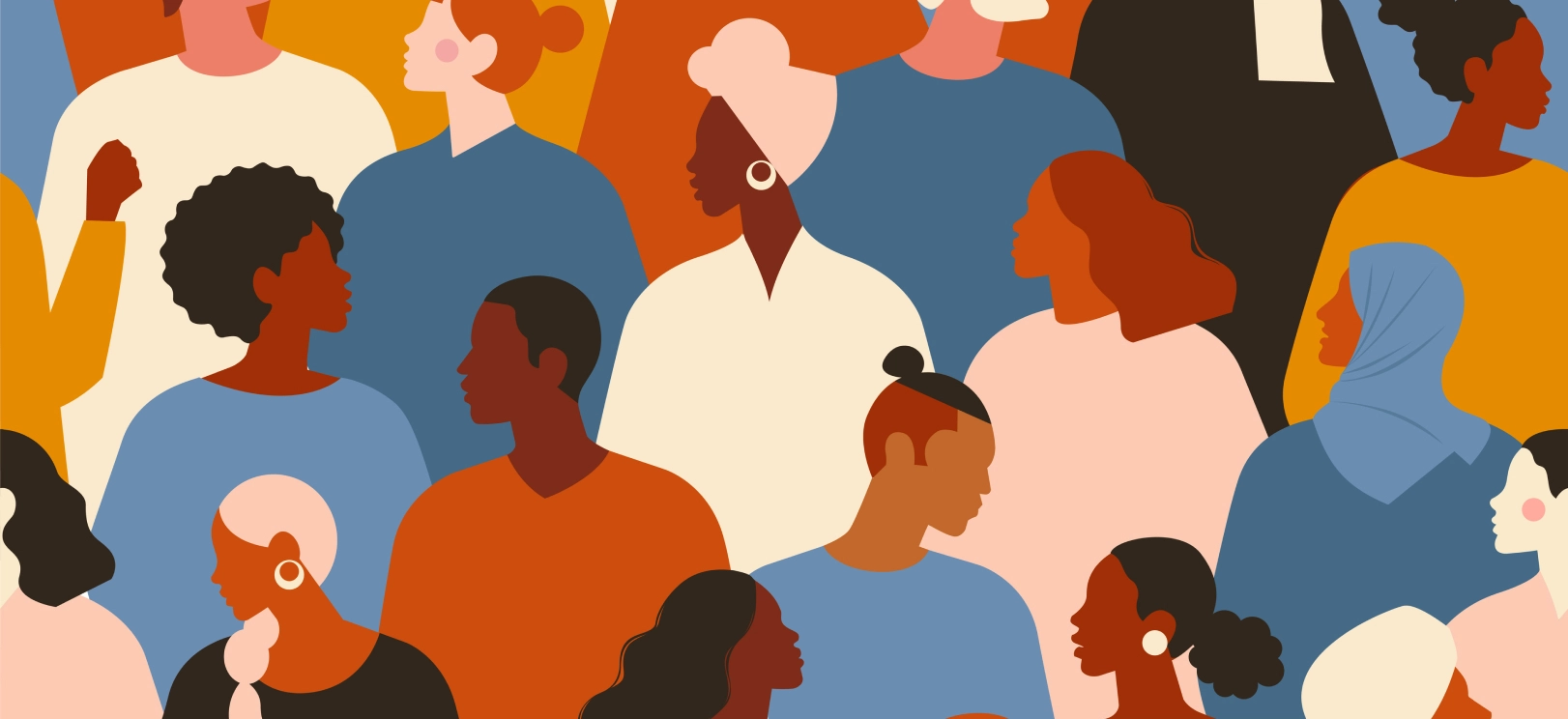Common Racial Microaggressions in the Workplace and the Messages They Send
How damaging they can be, and what you can do about them in your workplace
by Nikhil Bendre - August 18th, 2021
Businesses all across the board are working on placing DEI initiatives at the forefront of their operations and deeming inclusion as a core value. In today’s times, this is a great initiative to see, as long as these efforts are genuine and not a mere smokescreen to please the masses. Unfortunately, that is still an issue that we come across far too often. Organizations can claim to value DEI at every turn and then continue on to isolate employees, clients, and customers that originate from marginalized communities. It is not enough to just say that diversity and inclusion is important to you. You must make active efforts to improve and progress while calling injustices out and responding to them accordingly. Let’s discuss some microaggressions that we still encounter, just how damaging they can be, and what you can do about them in your workplace.

Let’s take a look at some examples of microaggressions and then think about what they are actually saying.
“Where are you from? No, I mean where are you REALLY from?
“Where were you born?
“Your English is so good!”
“What are you?” - (This one is just straight up dehumanizing.)
THE MESSAGE YOU ARE SENDING: You are not American.

While we may differ in ethnicity, all of us in this country share the same nationality - American. I’ve been asked by far too many individuals about my “true” origin. When I say that I’m from Houston, that is rarely the answer that they’re looking for. On the rare occasion that I am explicitly asked about my ethnicity, my answer is usually followed by something along the lines of, “That’s so exotic!” or “Oh wow, I love spicy food!” We need to ask ourselves, is this conversation providing any form of value to the person that we are speaking to?
Here’s another set of examples.
“You are a credit to your race.”
“You are so articulate.”
“You must be good at math.”
THE MESSAGE YOU ARE SENDING: People of color are not as intelligent as white people.

Any statement that implies that people of color are inferior to their white counterparts and/or statements that perpetuate outdated and offensive stereotypes need to be eliminated from your team’s communication.
Let’s analyze some individual statements and highlight just how problematic they are.
“I don’t see color.”
This statement denies a person of color’s unique racial/ethnic experience as a minority in a predominantly white country.
“America is a melting pot.”
This statement forces assimilation into the dominant culture of America, casting other individual cultures aside. Think of America more as a salad! Various ingredients (cultures) come together and coincide, but each ingredient (culture) maintains its individuality and integrity.
“The only race is the human race.”
Again, this statement denies a person as a racial and cultural being.
“I am not racist, I have several black friends!”
Just because you are friends with people of color does not mean you are immune to the consequences of your problematic and discriminatory actions and statements.
“As a woman, I know what you go through as a racial minority.”
This statement implies that the struggles of racial and gender inequality are exactly the same. This could not be further from the truth. We cannot deny that gender inequality is an extremely pertinent issue in our country, specifically in our workforce. However, it is important that cisgendered heterosexual white women remember that in the “privilege food chain,” so to speak, they are second-in-line only to the cisgendered heterosexual white man.

Now that we have established why these statements qualify as microaggressions, what can you do about them? To start, reflect inward and recognize your own privilege. Acknowledge that you may hold a certain position in society that holds more power and social capital than others. Once you’ve successfully done this, you can use your privilege to amplify, but NOT speak over, minority voices. Next, it is imperative that your organization establishes a strict “no-tolerance” policy for microaggressions towards race, gender, identity, and sexual orientation. Finally, note that the best method to mending this issue is to prevent it in the first place. When we advocate for prioritizing DEI initiatives, we mean weaving them into the inner workings of your company through events such as seminars and fundraisers.
-------------------------------------------------------------------------------------------------------------------------------
We hope that these insights can help you drive your efforts to make your place of business a more safe and inclusive space for minorities! It’s not just about inclusion. We have to ensure that every member on our teams feels welcome, respected, and appreciated. Working together, we can weed out ignorance and injustice within the walls of our own organizations, and eventually, the workforce as a whole.
Sources:
https://sph.umn.edu/site/docs/hewg/microaggressions.pdf
https://www.activismforall.com/
Search...
Product
GoCo
Resources
Articles
eBooks
Webinars
Customer Stories
